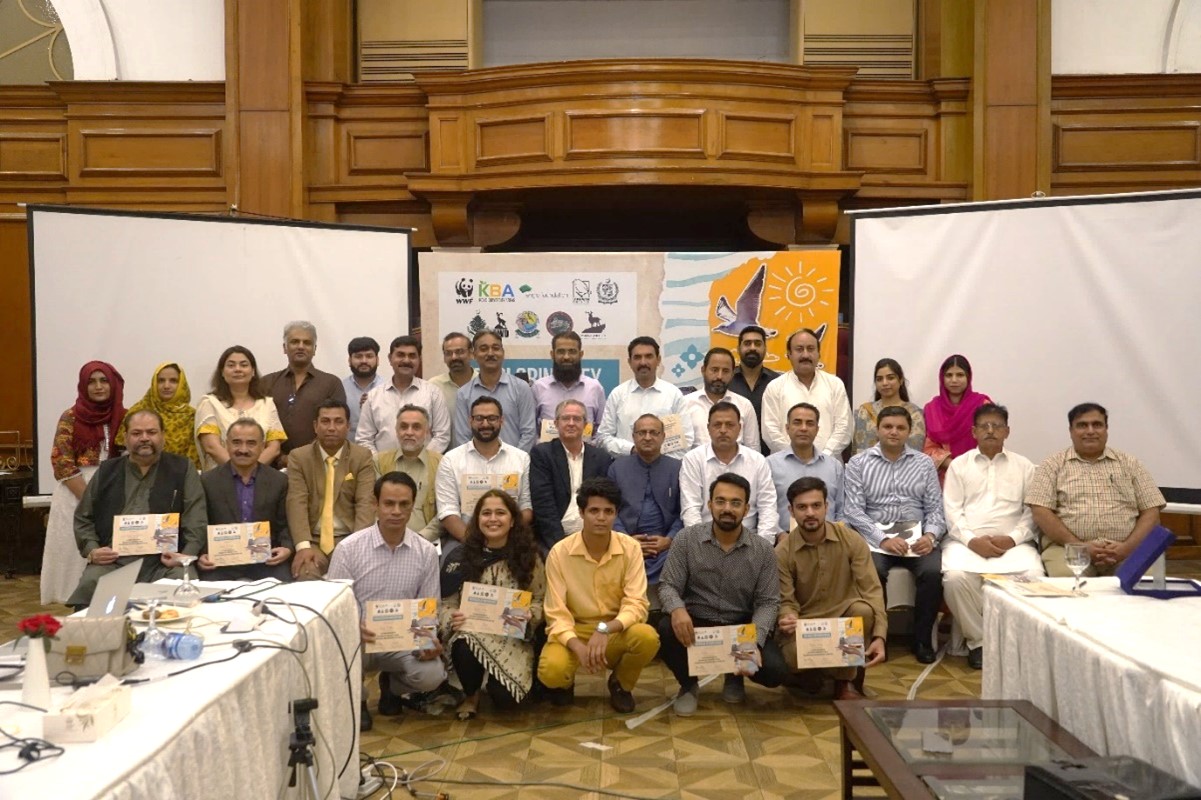Key Biodiversity Areas to be identified in Pakistan
A workshop held in Lahore, Pakistan with representatives of national and provincial governments has agreed to move forward to establish a KBA National Coordination Group and make a comprehensive assessment of the country’s KBAs.

A workshop was hosted by WWF in Lahore, Pakistan with the support of Engro Foundation and Darwin Innovation Fund to raise awareness of Key Biodiversity Areas and build consensus for a comprehensive KBA assessment with government, conservation and the scientific community. Members of the wildlife and fisheries departments from four provinces and two territories were present, representing chief conservators, directors and deputy conservators along with the Federal Ministry of Climate Change. The workshop also attended by IUCN Pakistan and involved leading universities. Pakistan has a very decentralised approach to its environmental laws with different legislation at provincial and territory level. The head of the KBA Secretariat, Andy Plumptre, provided an overview of what KBAs are and how they are being used globally together with the criteria for their identification. Explaining the process by which countries around the world are making comprehensive assessments of their KBAs, he described how the formation of KBA National Coordination Groups are important in making sure the process is managed at a national level. Uzma Khan and Hamera Aisha led participants through an identification process for KBAs for the Indus River Dolphin (Platanista minor), an endangered species mostly confined to Pakistan, and working groups deliberated on the best ways to designate KBAs for this species. This exercise highlighted the issues when deciding what boundaries of KBAs can be considered manageable as a single site.
Participants agreed to work together to establish a KBA National Coordination Group, with likely Provincial branches, and workshop working groups identified a series of next steps on how this would be realised, the capacity needs met, and the funding raised to make a comprehensive assessment of KBAs across all taxonomic groups for which data exist.